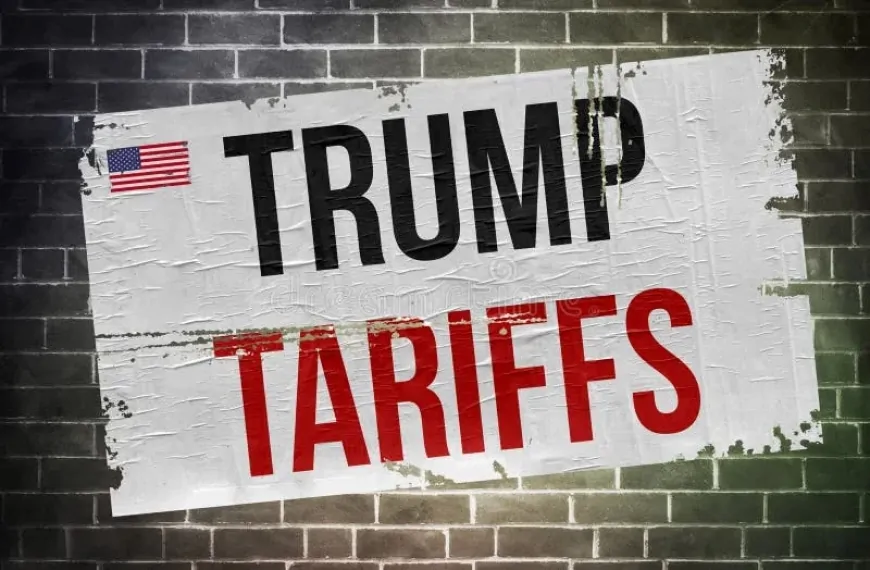Trump Plans Tariffs to Counter Digital Taxes on U.S. Tech Firms
The Trump administration is considering tariffs in response to foreign digital services taxes on U.S. tech companies like Google and Facebook.

White House Moves Against Foreign Digital Services Taxes President Donald Trump is preparing to counter digital services taxes (DSTs) imposed by foreign governments on U.S. technology companies. A memorandum expected to be signed Friday will instruct the U.S. Trade Representative (USTR) to consider tariff measures in response. This action aims to push back against what Trump views as unfair taxation targeting American firms such as Alphabet Inc. (Google) and Meta Platforms Inc. (Facebook), sources familiar with the plan said.
No Immediate Tariffs, But Strong Warning
The memo will not impose tariffs right away or set a specific timeline. Instead, it serves as a clear message that the U.S. is prepared to retaliate against foreign DSTs, which disproportionately impact American tech giants. The White House has yet to comment on the matter.
Trump’s Ongoing Battle Against Digital Taxes
Trump has long opposed DSTs, calling them unfair trade policies. In 2019, the USTR investigated tax practices in France, Italy, Spain, India, and other countries, concluding that they unfairly targeted American firms. While some nations withdrew their DST plans in favor of global tax negotiations, others, including Canada and France, have kept their policies in place.
France’s Digital Tax Could Trigger Trade Tensions
France was one of the first nations to introduce a DST, directly affecting U.S. tech companies. Although France and the U.S. initially agreed to suspend the tax once a global framework was established, those negotiations have stalled. French officials recently reaffirmed their commitment to the tax, potentially setting up a new trade conflict as President Emmanuel Macron prepares for a U.S. visit.
Growing Strains in U.S.-Europe Trade Relations
Trump’s efforts to combat DSTs could further strain U.S.-European relations, especially as disagreements over trade policies and the Ukraine conflict intensify. The U.S. has also voiced frustration over European regulations targeting disinformation on social media, which Trump argues unfairly penalize American tech companies.
Expanding Trade Tariff Policies
The potential tariffs on DSTs align with Trump’s broader trade strategy. His administration has already imposed a 10% tariff on Chinese imports, announced a 25% duty on steel and aluminum, and proposed levies on automobiles, semiconductors, and pharmaceuticals. Trump has consistently pushed for policies that incentivize companies to relocate production to the U.S.
Potential Risks for the Tech Industry
While the administration’s actions are intended to support American tech firms, new tariffs could have unintended economic consequences. Many of these companies rely on global supply chains, and increased trade barriers may raise costs for businesses and consumers. Despite these concerns, Silicon Valley executives have been engaging with Trump’s administration, attending high-profile meetings at Mar-a-Lago during the transition.
Next Steps in the Trade Dispute
The USTR will now evaluate potential retaliatory measures. If tariffs are imposed, they could reshape digital trade relations between the U.S. and its key allies. Businesses, lawmakers, and global partners are closely watching for the administration’s next moves.
Also Read: OpenAI Surpasses 400 Million Weekly Users in February 2025































































